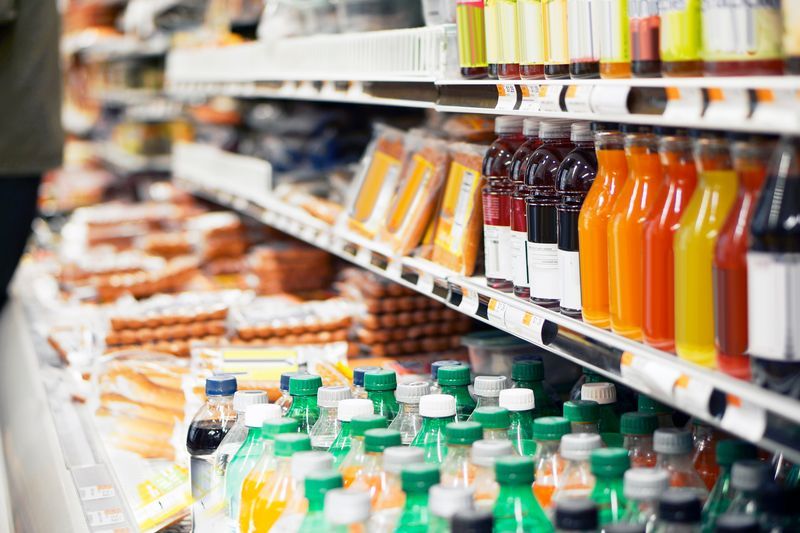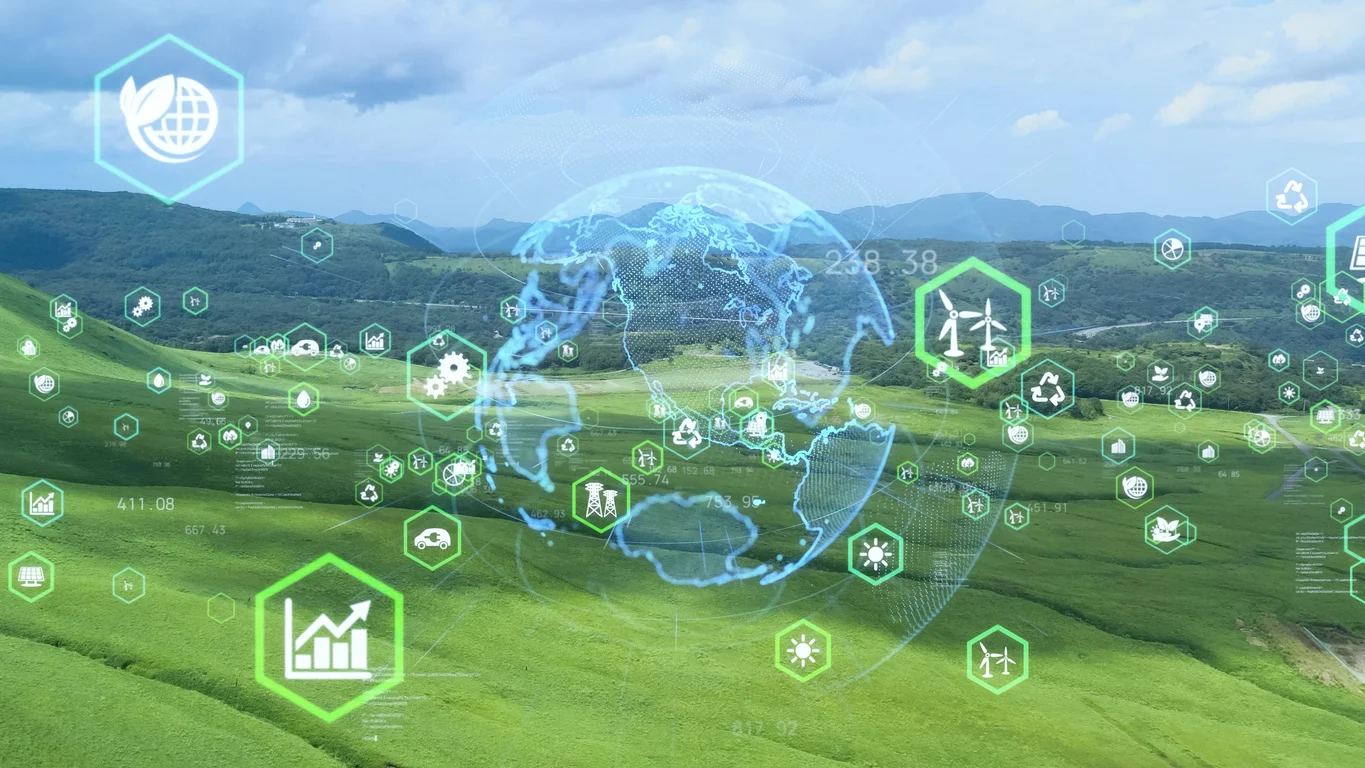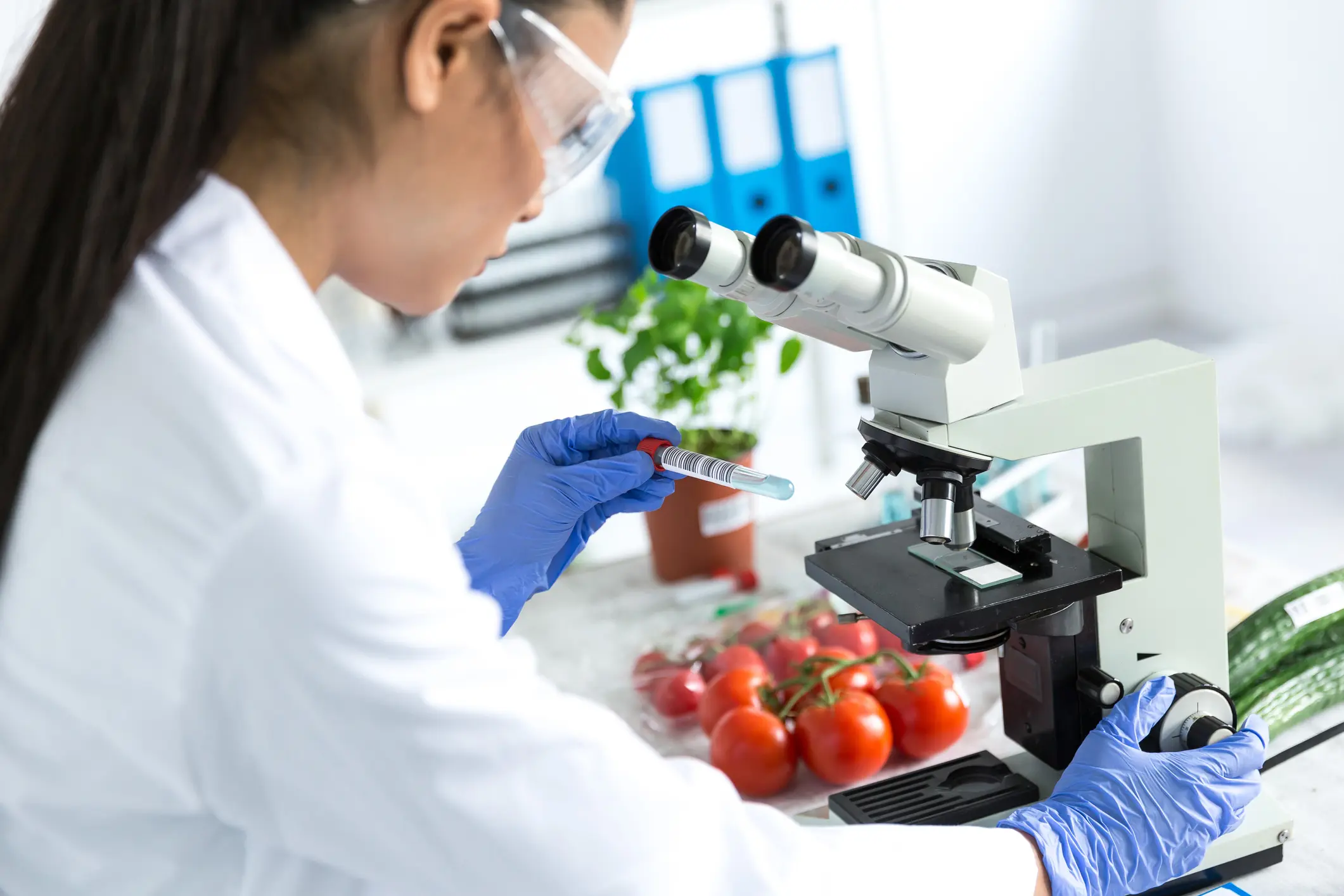Fast Moving Consumer Goods, or FMCG, make up the largest segment of consumer products globally—and for good reason. These are the everyday essentials we reach for daily: snacks, soft drinks, toothpaste, household cleaners, and much more. Sold quickly and at relatively low cost, FMCG products are known for their high turnover and frequent repurchase cycles. Whether you’re a consumer or a supply chain professional, understanding the dynamics of FMCG is essential in today’s fast-paced retail environment.
What are Fast Moving Consumer Goods (FMCG)?
FMCG refers to products that move quickly through the supply chain due to frequent consumer demand. They’re typically low-cost, non-durable goods with a short shelf life, such as food items, toiletries, and over-the-counter medications. Their appeal lies in their affordability, convenience, and necessity—making them a consistent part of household budgets and shopping lists.
What distinguishes FMCG is their high volume and low involvement in purchase decisions. Most FMCGs are bought habitually, with brand familiarity and shelf visibility playing a significant role in consumer choice. These goods must also be replenished often, making efficient supply chain operations and logistics crucial to meeting demand.
Key Characteristics of FMCG Products:
- Low Cost, High Volume: Priced to be affordable to a wide consumer base, but sold in such large quantities that companies generate substantial revenue.
- Quick Consumption: Designed for daily or weekly use and consumed quickly.
- Short Shelf Life: Especially true for perishables, which require fast turnover in inventory and quick delivery.
- Widespread Distribution: FMCG brands rely on vast distribution networks to ensure products are always available—whether in physical stores or online.
- High Brand Competition: Brand loyalty is a major driver, but switching is common due to promotions, price changes, or availability.
- Non-Durable Nature: Products are used up rather than kept for long periods.
- High Turnover for Companies: Companies must produce, move, and restock goods at a rapid pace.
Some examples may include, but are not limited to:
- Food & Beverages: Soft drinks, packaged meals, cereals, dairy products
- Personal Care: Toothpaste, deodorant, shampoo, some cosmetics
- Household Products: Paper towels, laundry detergent, dish soap
- Over-the-Counter (OTC) Drugs: Cough syrups, pain relievers, vitamins
What is the difference between FMCG & CPG?
Fast Moving Consumer Goods fall under the broader umbrella of Consumer Packaged Goods (CPG). While CPG includes both durable and non-durable products, FMCG focuses exclusively on items that are purchased frequently and used up quickly.
In essence, all FMCGs are CPGs, but not all CPGs are FMCGs. CPG includes products with slightly longer shelf lives and slower turnover, whereas FMCG is about speed and volume.
The Future of FMCG
FMCG companies are undergoing a digital transformation in response to evolving consumer behaviors. Online shopping has dramatically reshaped the FMCG landscape, prompting companies to invest in robust e-commerce strategies and digital supply chains. Brands are now competing not only for shelf space but also for screen space—via direct-to-consumer platforms.
To stay competitive, FMCG companies are:
- Enhancing online visibility and digital marketing.
- Reconfiguring supply chains for faster, more flexible delivery.
- Personalizing offerings based on real-time consumer data.
- Investing in sustainable packaging and greener operations.
The future of FMCG will hinge on agility, and companies that can adapt quickly to shifting trends, economic pressures, and technological advancements will lead the pack.
How Specification Management Can Help Manage Fast Moving Consumer Goods (FMCG)
In such a high-speed sector, managing product data, compliance, and quality across global supply chains is no small feat. That’s where Specification Data Management comes in.
With purpose-built tools for Specification Management, companies managing Fast Moving Consumer Goods can centralize, update, and share product data in real time—helping teams move faster, reduce waste, and respond quickly to recalls or regulatory changes.
Specright empowers FMCG by:
- Speeding up product launch cycles
- Reducing supply chain errors
- Improving sustainability tracking
- Increasing collaboration across departments and vendors
For a category as dynamic as FMCG, this kind of operational efficiency isn’t just helpful—it’s essential.
FMCG products are the heartbeat of daily commerce. They are consumed quickly, replaced frequently, and delivered through complex, high-speed supply chains. As the world shifts further toward digital shopping and sustainability-conscious consumption, FMCG companies must evolve rapidly to meet demand.
Whether you’re working in product development, marketing, or logistics, understanding FMCG fundamentals can help you navigate one of the most competitive—and opportunity-rich—sectors in the global market. To learn more about how Specright can help with FMCG check out our CPG page or request a demo today.
Explore More Blogs
Get Started
With Specright’s Solution Suite, you can digitize, centralize, and link your specification data to drive efficiencies, intelligence, traceability, and collaboration within your organization and across your supply chain network.




